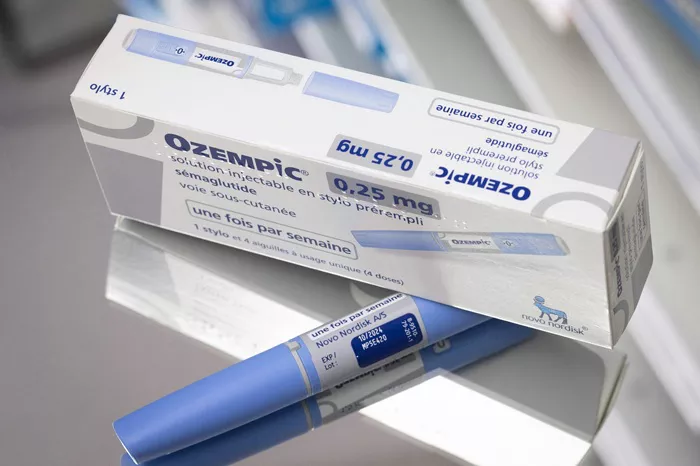Novo Nordisk has secured global rights to a weight-loss and diabetes drug developed by China-based United Laboratories, in a deal valued at up to $2 billion. This move comes as the developer of Wegovy (semaglutide) seeks a successor for its highly successful medication.
The agreement includes a $200 million upfront payment to United Laboratories’ subsidiary, United Biotechnology, along with additional milestone payments totaling $1.8 billion. Under the terms of the deal, United Biotechnology will retain rights to the drug in mainland China, Hong Kong, Macau, and Taiwan, while Novo Nordisk will have the rights to develop, manufacture, and market the drug in other global regions.
The drug, known as UBT251, is a triple-agonist weight-loss treatment that could offer greater weight loss than current glucagon-like peptide-1 receptor agonists (GLP-1RAs). UBT251 targets GLP-1, gastric inhibitory polypeptide (GIP), and glucagon, while Wegovy only targets GLP-1. Eli Lilly’s competitor, Zepbound (tirzapetide), is a double agonist of GLP-1 and GIP. In a Phase Ib trial in China, UBT251 demonstrated promising results. Patients who received a 6mg dose of the drug for 12 weeks lost an average of 15.1% of their body weight.
Eli Lilly is also developing a triple G agonist, retatrutide, which is currently in Phase III trials. In Phase II studies, retatrutide helped patients lose up to 24.2% of their body weight after 48 weeks of treatment. While direct comparisons between the two drugs are difficult, UBT251 may offer a faster route to weight loss, though with a smaller average weight loss. A Phase II trial for UBT251 is currently underway in China.
This deal is part of a broader trend of big pharmaceutical companies partnering with Chinese biotech firms to address metabolic disorders. In 2024, MSD signed a $2 billion deal for Hansoh’s GLP-1RA, while Eli Lilly formed a partnership with Laekna for an obesity treatment antibody.
The deal also comes at a time when Novo Nordisk faces increased competition in the weight-loss market. The company’s stock has dropped throughout 2025 as it faces pressure from competitors like Eli Lilly. Despite generating $8 billion in revenue from Wegovy last year, Novo Nordisk is losing market share to Zepbound, which is projected to generate $28.2 billion in sales by 2031, while Wegovy is expected to bring in $26 billion.
Adding to the pressure, disappointing data from Novo Nordisk’s next-generation weight loss drug candidate, CagriSema, has raised concerns about the company’s ability to maintain its dominance. As a result, all eyes will be on UBT251 and its potential to fill the gap left by Wegovy.
Martin Holst Lange, Novo Nordisk’s executive vice president for development, expressed optimism about the deal, saying, “The addition of a candidate targeting glucagon, as well as GLP-1 and GIP, will add important optionality to our clinical pipeline, as we look to develop a broad portfolio of differentiated treatment options for people living with these highly prevalent diseases.”


